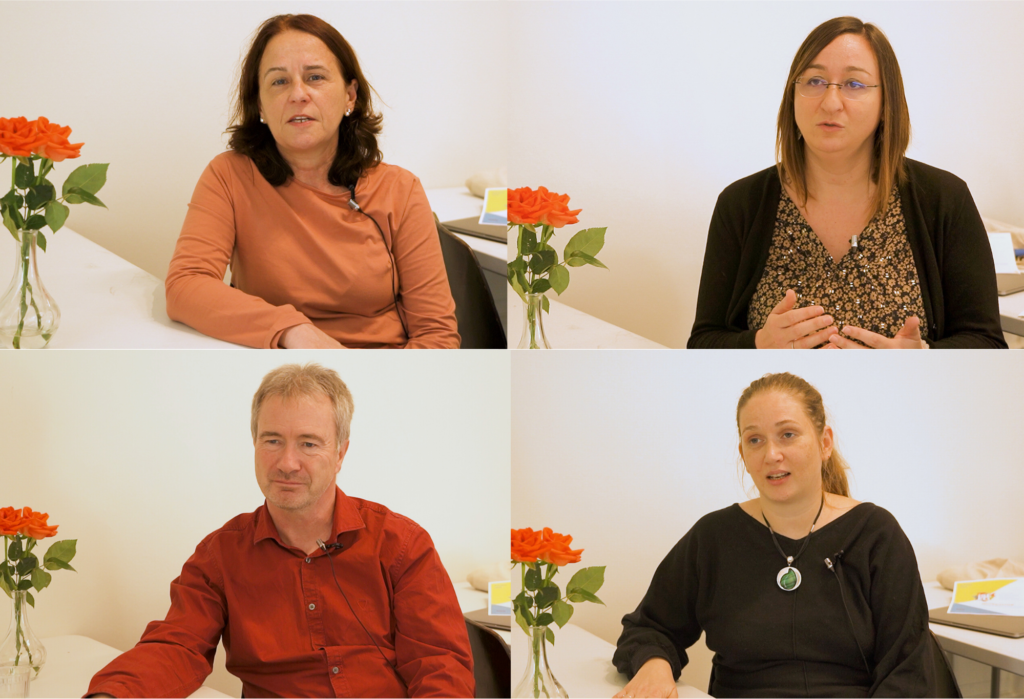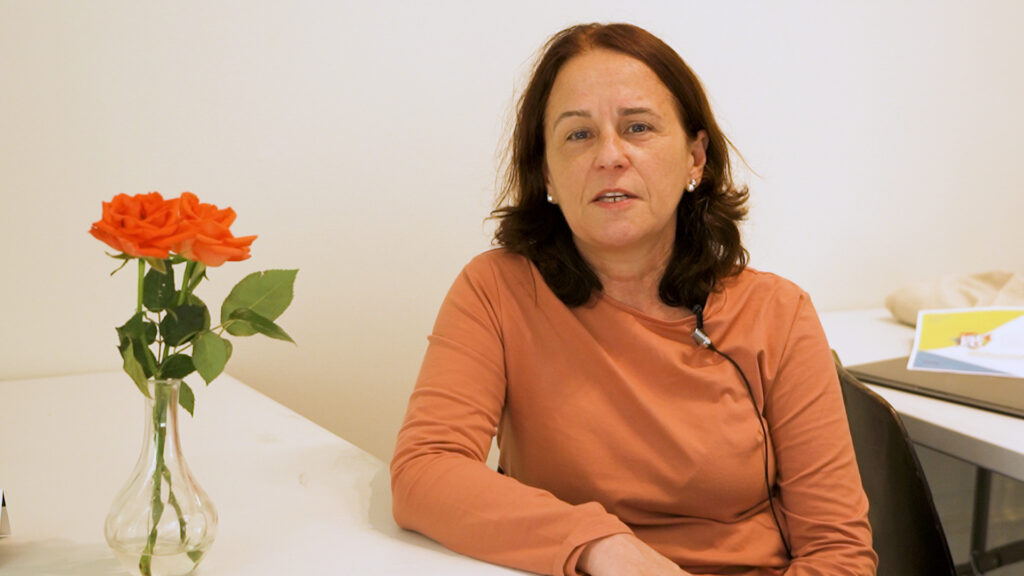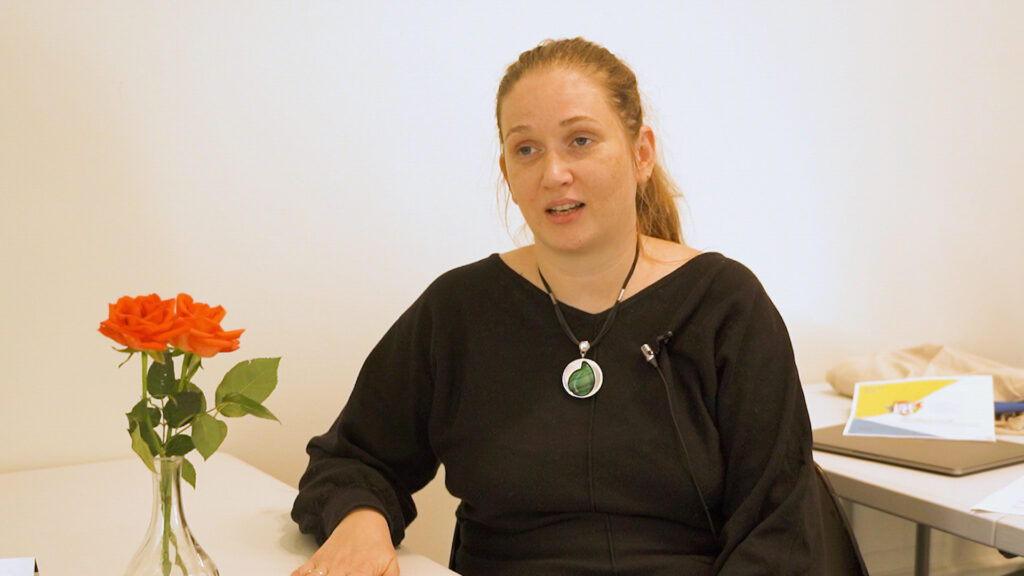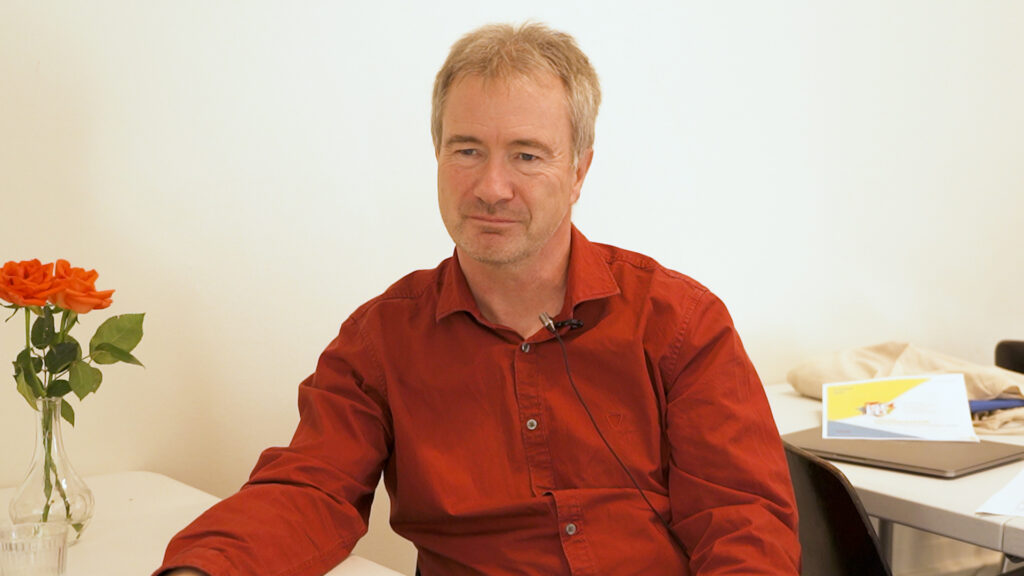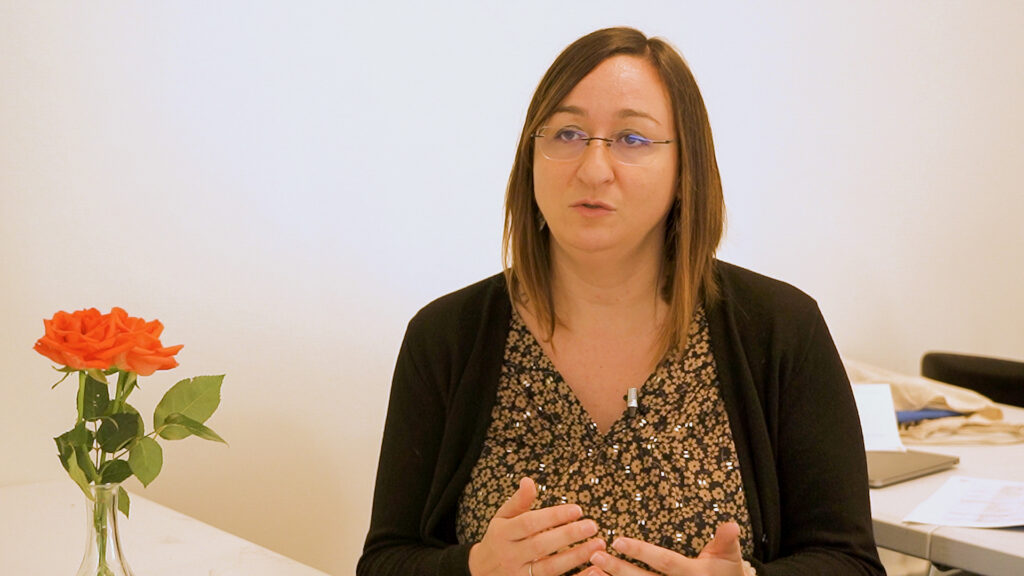Case Studies
Understanding & Upgrading
4 Case Studies on Citizen Science Practice
Background
During the Midterm Conference in Trondheim (Norway) held on 31st October 2022, ISEED members in charge of the 4 Case Studies, foreseen in Work Package 4, had the opportunity to also present their project Understanding & Upgrading.
Four videos were made where the project partners talked about their work on the 4 Case Studies. They are Daniela Pereira (Ministerio de Educacion y Cultura, Uruguay), Magda Roszczyńska-Kurasińska (Uniwersytet Warszawski, Poland), Michael O’Grady (University College Dublin, Ireland) and Nathalie Morata (Muséum National d’Histoire Naturelle, France).
Before recording their work, the 4 Case Studies were presented describing how the activities were carried out and how citizens were involved in participatory practices.
Case Studies
Case-study 1: Grassroots knowledge production in the context of nature protection (UNIWAR)
University of Warsaw explores grassroots knowledge production in the context of nature protection, in particular safeguarding of trees and greenery. In recent years, the environmental activism increased in Poland significantly. It was a reaction to a new legislation that simplified cutting trees without special allowance. Mass destruction of trees motivated intensive citizens’ efforts to monitor and protect the nature that is still there. Through this collective action citizens regained a sense of agency and developed a shared understanding of the unique role of nature in human habitats.
Case-study 2: Citizen observatories and data cooperatives (UNEXE-UCD)
Two models of data use within participatory science are being explored – Data Collaboratives and Citizen Observatories. Both offer different but complementary models of data governance, management, and purpose. The University of Exeter is undertaking a qualitative study of data collaboratives. The University College Dublin is undertaking an extensive survey of citizen scientists to comprehensively understand their experiences and perspectives on data management. Both investigations are ongoing and will be completed in the spring of 2023.
Insights from each study will guide and inform recommendations to promote citizen engagement and participation in local and regional governance.
Case-study 3: Citizen science pilot in black corridor policies (MNHN)
Due to environmental reasons and more recently energy crisis, cities in France have to reduce public lightning. Two French municipalities wanted to mobilize their citizens in this policy decision.
For 3 months, their citizens were invited to explore and share their individual relationship to darkness through a protocol by the ISEED partner French National Museum of Natural History. On the platform, they also could ask questions and make recommendations on turning off the light, based on the community shared experience. Four intern researchers conducted interviews to evaluate this citizen science method as a possible tool for stimulation of participation and making informed decisions.
Case-study 4: Science Clubs educational networks (MEC-URU)
A Science Club is a non-formal educational programme involving children, young people and adults. The Clubs are small incubators of national scientific development. Their educational strategy seeks to respond to real problems linked to the community through the development of projects.
The Science Club is a program of the Uruguayan Ministry of Education with the entire National Education System. Activities mobilize more than 50,000 people each year in 100 localities across Uruguay. The annual number of Clubs ranges between 800 and 1000. All projects are presented annually at departmental fairs and in the end of the year at the National Fair. This policy has positive results in the educational communities involved. It contributes to the acquisition of new competences, stimulating teamwork, creativity and innovation.
Results
Thanks to this information, it was possible to build the interview track that explored the following topics:
a. The objectives of the groups involved in the activities
b. The process of citizen involvement and the relationship with public decision-makers
c. Barriers to involvement
d. Main results achieved
The project partners presented the activities explaining the issues addressed and how, where possible, citizens could influence decision-making processes.
The talks, recorded in collaboration with Observa (UNITN third party), were compiled and gathered in the video presented!
Text: Elin Danielsen Huckerby, Sophia Efstathiou, Sarah Santos
Edit: Sarah Santos, Chiara Ghirardo
Last updated 30/01/2023


